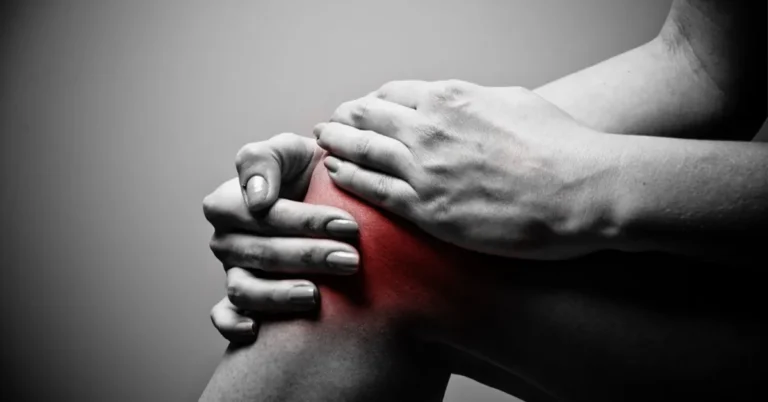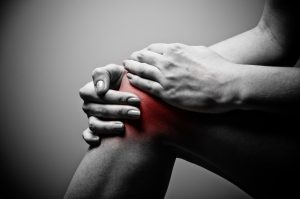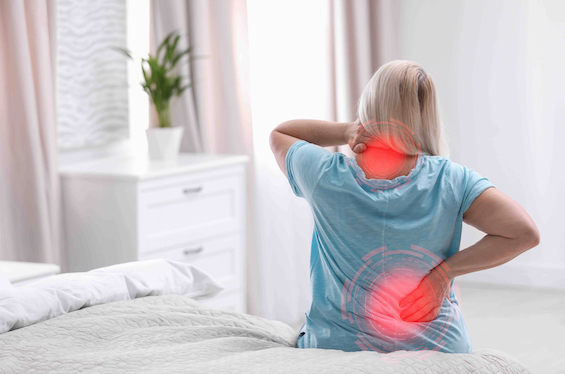Patellofemoral pain – the most common knee problem for cyclists and runners.
What is patellofemoral pain?
Patellofemoral pain is felt around the front of the knee. It is very common with over 80% of pro-cyclists likely to suffer from it every season. Runners regularly suffer from it. The pain is often sharp and knife like when the knee is loaded. Often the knee starts to make more sounds and people worry about more serious problems. But it is commonly treated and resolved with management by a physiotherapist and is not a reason to stop cycling or running.
What causes it?
That’s pretty simple. Too much load too soon. The patella has thickest articular cartilage anywhere in the body. It spreads huge loads very effectively but if the load is too excessive in quantity or timing compared to the body’s ability to adapt to new demands, then it can cause injury.
What influences whether you get it?
- poor strength in the hip and thigh muscles
- poor biomechanical control in the lower limb (hip, knee and foot mechanics)
- previous injury/surgery (and poor rehabilitation!)
Best tips for self management?
- Modify your load (rest if required)
- Ice
- Anti-inflammatory gel
- Appropriate footwear or get your bike fit assessed
- Stretch your calf, hamstring and thigh
- Start strengthening exercises
Best tips for rehabilitation?
- See a physiotherapist to get it diagnosed and the factors most important to you as an individual identified
- Target where in the kinetic chain needs the most rehabilitation and get the appropriate exercises (strength and flexibility usually and occasionally some retraining of movement patterns such as squatting etc)
- Use appropriate pain reduction methods (taping or orthotics) suggested by your physio
- Progress and complete your rehabilitation program (compliance is key!)
- Don’t expect miracle cures or a quick fix
For an assessment and your personal rehabilitation plan call us on 0131 478 4646 to make an appointment.



